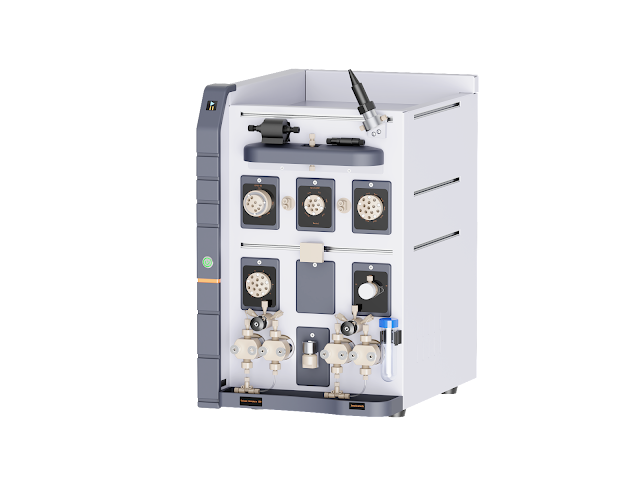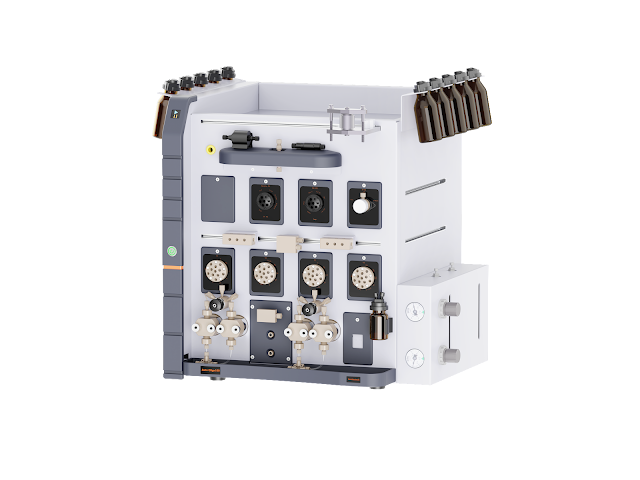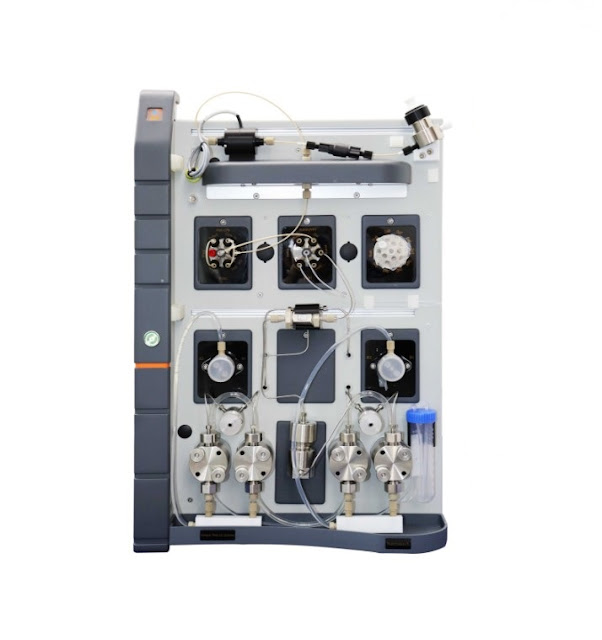Advancing Biochemistry: The Essential Role of Protein Purification and FPLC Technology

Protein purification is a fundamental process in biotechnology and biochemistry, vital for studying protein function, structure, and interactions. This process involves isolating a single type of protein from a complex mixture, usually a cellular or tissue extract. The aim is to achieve a high purity level, ensuring the isolated protein is free from other cellular components and contaminants. This is crucial for accurate downstream applications like drug development, molecular biology research, and various diagnostic methods. Advanced techniques, including chromatography, electrophoresis, and ultracentrifugation, are employed to achieve this goal. Each method offers unique advantages, catering to specific types of proteins and research requirements. Fast Protein Liquid Chromatography (FPLC): Fast Protein Liquid Chromatography (FPLC) is a specialized chromatography used predominantly for protein purification . It operates under low pressure, making it ideal for the delicate...


